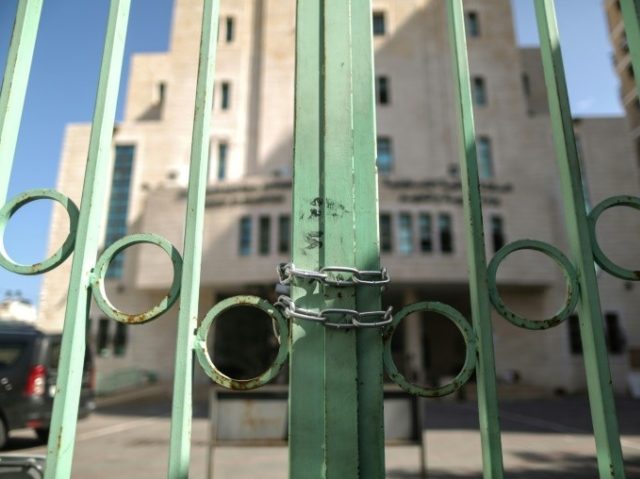The Art Institute of Portland announced today that it would permanently shut down, making it the second college in the area to close this summer.
The Art Institute of Portland will close its doors this week. The school, which offered various art degrees in exchange for a $17,000 per year tuition, had just celebrated its 50th anniversary in 2013. Now, its students are scrambling to find a new school so that they can continue their education.
Game designer Haneen Bakhashawain, a citizen of Saudi Arabia, came to Portland from her home country specifically to study at the institute. Now, Bakhashawain has partially completed her degree and must find another school that will accept her for the fall.
“I’m really stressed out. I’m so stressed out all I do is cry at home,” she said. “I was trying to figure out the whole apartment leasing thing, and now I have to find out where I’m going to stay and what school is going to accept me and it’s a really long process.”
Karen Marrongelle, the dean of the College of Liberal Arts and Sciences at Portland State University, said that she will look to bring over some of the students from the institute. She went on to explain the impact that the economy has on university enrollment.
“Nationally, we saw a peak in college enrollment in 2010. Last several years we’ve seen declines. We do know that when the economy’s good, enrollment can struggle. We’re in a really good economy. When jobs are plentiful that’s when people slow down their education.”
The Art Institute of Portland isn’t the first college to close its doors this summer. Marylhurst University, which opened in 1893, announced that it would shut down permanently in May. In a statement, the university explained that it had been severely hurt by the decline in enrollment that was sparked by the Great Recession.
Like many small, private, liberal arts colleges and universities, we have seen a steady decline in enrollment since the end of the Great Recession. The Board and University leadership reviewed numerous reorganization scenarios and strategies to create alternate forms of revenue; you can read more about these in the Board’s resolution to close. Despite these efforts, we were unable to see a viable financial path that would have enabled us to sustain the high level of academic programming for which we have always strived and that would not cause harm to our students, faculty and staff.

COMMENTS
Please let us know if you're having issues with commenting.